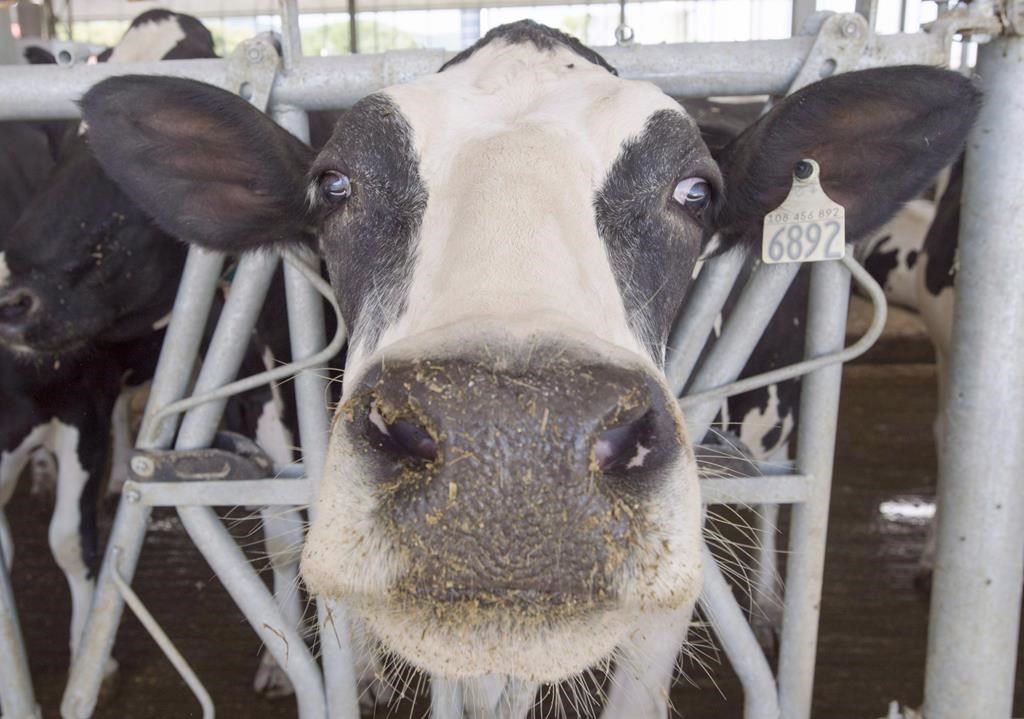Texas prosecutor: No indictment in Sandra Bland jail death, but state trooper’s fate uncertain
Posted Dec 22, 2015 10:36:21 PM.
Last Updated Dec 22, 2015 11:40:11 PM.
This article is more than 5 years old.
HEMPSTEAD, Texas – A grand jury decided that neither sheriff’s officials nor jailers committed a crime in the treatment of a black woman who died in a Texas county jail last summer, but it has not yet determined whether the state trooper who arrested her should face charges, a prosecutor said.
Prosecutor Darrell Jordan said Monday that the county grand jury will return in January to consider “other issues” and warned there could be indictments. Unresolved issues include possible charges against the trooper who arrested 28-year-old Sandra Bland.
While Texas grand juries typically decide on felony charges, Jordan wouldn’t rule out misdemeanour charges related to the case.
“All charges are under consideration,” he said, declining to elaborate.
Bland’s arrest and death came amid heightened national scrutiny of police and their dealings with black suspects, especially those killed by officers or who died in police custody.
The Chicago-area woman was pulled over July 10 for making an improper lane change. Dashcam video showed the traffic stop quickly became confrontational, with trooper Brian Encinia at one point holding a stun gun and yelling at Bland, “I will light you up!” after she refused to get out of her car.
Department of Public Safety Director Steve McCraw has said Encinia — who in June completed a yearlong probationary stint as a new trooper and has been on administrative duty since Bland’s death — violated internal policies of professionalism and courtesy.
Bland was taken in handcuffs to the county jail in nearby Hempstead, about 50 miles (80 kilometres) northwest of Houston, and remained there when she couldn’t raise about $500 for bail. She was discovered dead three days later, hanging from a cell partition with a plastic garbage bag used as a ligature around her neck.
Bland’s relatives, along with supporters fueled by social media postings, questioned a medical examiner’s finding that Bland killed herself.
In the days after Bland died, county authorities released video from the jail to dispel rumours and conspiracy theories that she was dead before she arrived at the jail or was killed while in custody. County officials said they themselves received death threats.
Larry Rogers Jr., a Chicago attorney representing Bland’s family, said Tuesday that the legal team will renew its efforts to examine the findings of a Texas Rangers investigation into her death, which has been withheld because it was grand jury evidence.
Bland’s mother, Geneva Reed-Veal, told The Associated Press on Tuesday that she still is not in a position to accept authorities’ word that her daughter killed herself because — five months later — she has not been provided with even the initial police report.
“I can’t be asked to accept what they want me to accept without seeing anything, as a mom,” she said in an interview in Chicago.
She said she was not surprised by the grand jury’s decision after seeing how other high-profile police confrontations around the country have played out.
“These pieces of injustice are getting swept under the table,” she said.
Waller County District Attorney Elton Mathis, who appointed five special prosecutors to handle the Bland case, has said there is nothing in that investigation “that shows anything happened but she killed herself.”
“After presenting all the evidence as it relates to the death of Sandra Bland, the grand jury did not return an indictment,” Jordan, one of the five appointed prosecutors, said after the grand jury met Monday for about 11 hours. “The grand jury also considered things that occurred at the jail and did not return an indictment.”
Reed-Veal has filed a wrongful death lawsuit in federal court in Houston against the trooper, the Texas Department of Public Safety, Waller County and two jail employees. A judge last week set a January 2017 trial date in that case.
Bland family attorneys contend Waller County jailers should have checked on her more frequently and that the county should have performed mental evaluations once she disclosed she had a history of attempting suicide.
County officials have said Bland was treated well while jailed and produced documents that show she gave jail workers inconsistent information about whether she was suicidal.
Reed-Veal also contends in her lawsuit that Encinia, the trooper who arrested her daughter, falsified the assault allegation to take Bland into custody.
Melissa Hamilton, visiting criminal law scholar at the University of Houston, said Bland had no legal right to remain in her car after the trooper ordered her out.
___
Associated Press reporters Carla K. Johnson and Sara Burnett contributed from Chicago.








